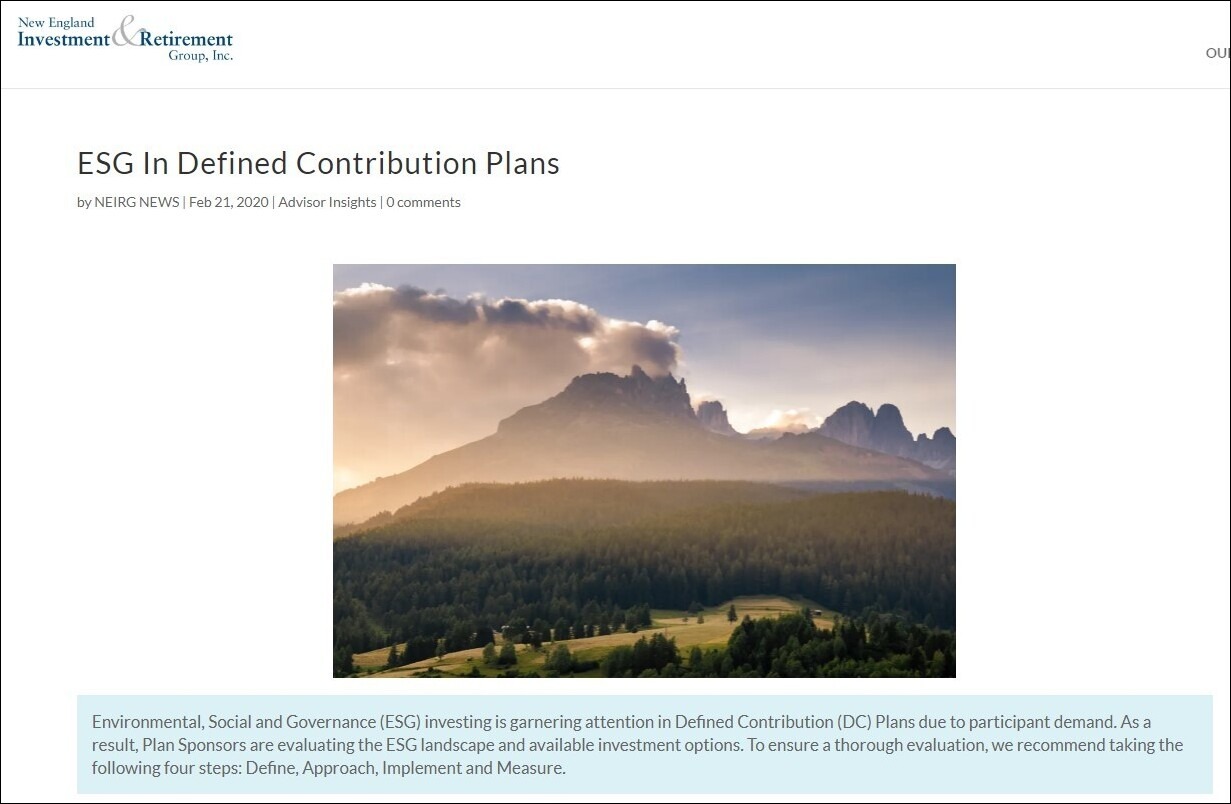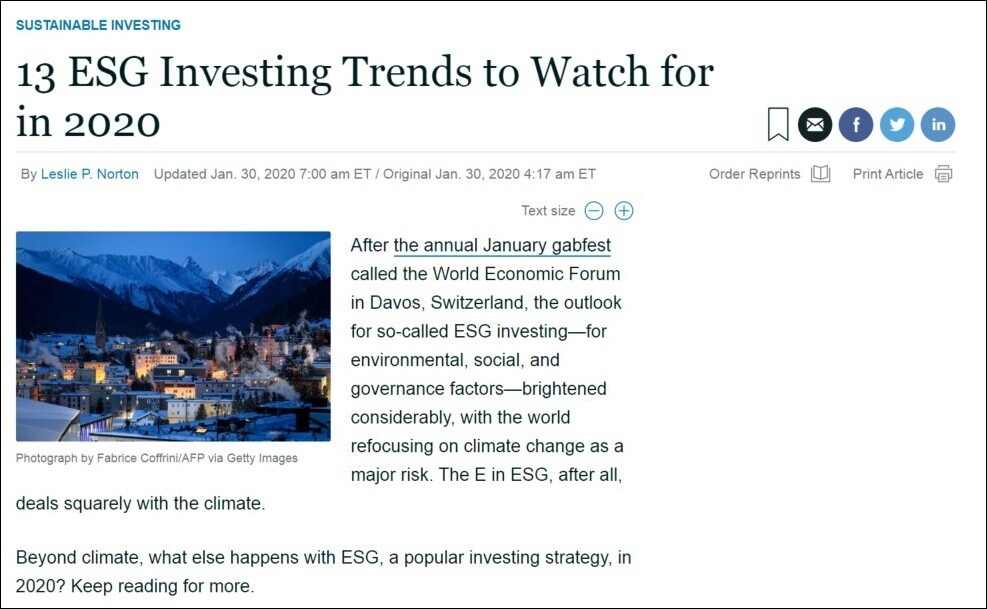“If companies don’t align with us, they are going to lose,” noted Eileen Ward, vice president at AllianceBernstein, during a recent discussion on socially responsible investing at the Spruce Foundation spring meeting in Philadelphia. Speaking to a group of philanthropic millennials, Ward and her co-presenter, Cory Donovan of ImpactPHL, emphasized the growing demand for responsible investing solutions — a call to action that the financial services industry can no longer afford to ignore.
Over the next few decades, millennials will inherit more than $30 trillion in assets from the baby boomer generation. This massive wealth transfer presents an unprecedented opportunity for financial advisers, but only if they are willing to align their investment strategies with the issues that millennials care most about. According to an MSCI survey, 90% of millennials want to tailor their investments to their personal values, prioritizing issues like sustainability and diversity in gender and race. In addition, it’s becoming abundantly clear that responsible investing is not only good for society — it’s good for our wallets. Amid the economic downturn stemming from the COVID-19 outbreak, 62% of large-cap environmental, social and governance (ESG) funds have outperformed the MSCI World Index.
To reach and engage a millennial audience, financial advisers need to understand what motivates this new generation of socially responsible investors. To help millennials align their money with their values, advisers must evaluate ESG funds and other investment solutions, identify new and trending issues in the space, and spot bad actors in corporate America.
Create an open dialogue
As Donovan noted during the Spruce Foundation meeting, advisers should prompt millennial clients to answer one of the most fundamental and important questions: “What do I care about?” The universe of ESG issues is vast, so it’s often necessary to narrow down a client’s objectives for value-based investing. And remember, these objectives and priorities can change over time.
Advisers should talk to these clients as frequently as they can about their priorities. In addition to regular one-on-one communication, tools like blogs, monthly newsletters and social media platforms can help keep the conversation going and position advisers as reliable, trusted resources for investing responsibly. Advisers might also host roundtable discussions or panel events to share new ideas and foster conversations between like-minded clients.
Research and educate
The rising interest in ESG investing coincides with an explosion in the number of sustainable investment products, solutions, tools and other resources available to investors. Not only can this be overwhelming for clients, it has led to an increase in “greenwashing” — disingenuous marketing campaigns conveying a misleading or false impression that a product or company is more environmentally sound than it actually is.
As Ward highlighted in her presentation, research is one of the most powerful tools for spotting and combating greenwashing. Beyond regular due diligence on companies and funds in client portfolios, advisers must educate their clients and serve as thought leaders on the biggest issues and trends in the space. Employing a proactive media relations campaign is one of the best ways to ensure that you are a leading voice on responsible investing in the adviser community and larger financial services sector.
Meet millennials where they are
Millennials consume news and other content in a very different way than baby boomers and older generations. Instead of picking up a newspaper, millennials are checking out their Twitter feed, watching short-form videos and perusing memes and infographics to get the latest news. Animated features, like this Gregory FCA -produced video for client Ceres, offer a great way to bring life to mundane topics or distill reports into easily digestible content. Financial advisers should adapt to these evolving consumption habits and explore new mediums to ensure they are getting and staying in front of millennial clients.
When looking to the next generation of investors, advisers would be wise to heed Ward’s warning. As heirs of the largest wealth transfer in history, millennials are going to soon become the driving force behind our economy. Corporate America and Wall Street alike will certainly lose if they don’t adapt to this new values-driven, socially responsible reality.



